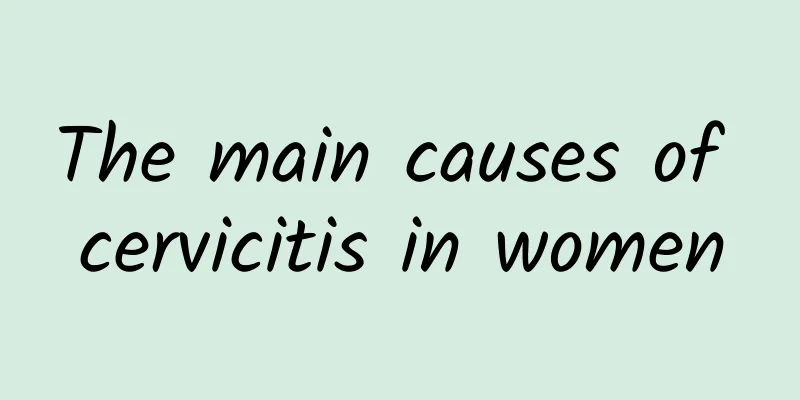What causes shorter menstrual cycles?

|
Shorter menstrual cycles are a problem that many women may encounter, and there are many possible reasons behind it. Key factors include physiological changes, hormonal imbalances, life stress, and underlying health problems. Understanding these reasons is crucial for women to maintain their health. 1. Physiological changes: As women age, their ovarian function gradually declines, and the frequency of ovulation may increase, resulting in a shorter menstrual cycle. Changes in the levels of key hormones such as progesterone in the body will also directly affect the length of the menstrual cycle. Insufficient progesterone may cause the endometrium to shed prematurely, thereby shortening the cycle. 2. Life stress: Long-term mental stress, anxiety or irregular lifestyle may interfere with women's endocrine system and affect the menstrual cycle. These psychological pressures indirectly cause menstrual cycle disorders by affecting hormone secretion. 3. Potential health problems: Gynecological diseases such as uterine fibroids and endometriosis may lead to abnormal menstrual cycles. Systemic diseases such as thyroid dysfunction and blood system diseases may also affect women's physiological cycles. When there are persistent changes in the menstrual cycle, you should seek medical attention in time to eliminate potential health risks. When facing the problem of shortened menstrual cycles, women should maintain a calm state of mind, pay attention to other physical symptoms, and seek professional medical advice in a timely manner. Only by finding the specific cause of the shortened cycle through scientific methods can targeted measures be taken to maintain personal health. At the same time, maintaining a good living habit and mentality is also an important part of preventing menstrual cycle disorders. Note: Changes in the menstrual cycle may be a signal from the body, but you should not panic. When seeking medical help, be sure to provide accurate personal information and medical history so that the doctor can make an accurate diagnosis and treatment recommendations. Any self-regulation of the menstrual cycle should be carried out under the guidance of a doctor to avoid unnecessary risks caused by blind medication or treatment. |
<<: What to do if you have threatened miscarriage
>>: What should I do if I have gynecological inflammation and irregular menstruation?
Recommend
Are you gradually gaining weight and losing shape? Try Japan's "Zero Position Training Method" to lose 2 kg in one week
As you age, you gain weight and lose shape. "...
Reasonable exercise can effectively prevent pelvic inflammatory disease
Pelvic inflammatory disease is a common gynecolog...
How long should I continue to take medication for cervicitis?
It is usually recommended that medications be use...
How much does it cost to go to the hospital for a uterine curettage?
Curettage is a common surgical procedure suitable...
Endometrial tuberculosis requires proper care
Endometrial tuberculosis requires proper care, an...
When is the best time to treat cervical erosion in women? Women should know the best time to check cervical erosion
The most common gynecological disease in women is...
Abdominal pain is common with adnexitis.
Adnexitis usually causes abdominal pain. The degr...
Specific analysis of the common causes of vulvar leukoplakia
The disease of vulvar leukoplakia has brought gre...
Pelvic effusion and cervical cyst
Cervical gland cyst is a type of chronic cervicit...
Thin waist and legs like this! 5 minutes to firm your muscles
If you want to slim down your legs and waist, you...
What are the symptoms of pelvic peritonitis?
In our daily life, there will be some diseases th...
Will female cervical erosion heal itself? Five reasons can cause cervical erosion to be difficult to cure.
Cervical erosion can be said to be a gynecologica...
Can’t lose weight no matter how much you exercise? A famous Korean fitness coach teaches you 7 correct exercise rules to increase muscle and reduce fat
Exercising like crazy but not losing weight? Unab...
What medicine is better for women with irregular menstruation? How to regulate women's diet for irregular menstruation
What medicine is better for irregular menstruatio...
Patients with irregular menstruation can try taking sugar ginger soup
To treat irregular menstruation, women can try ta...









